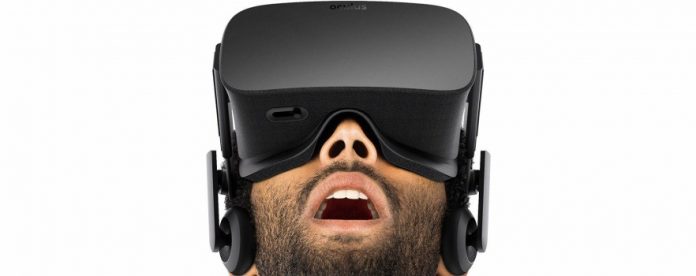August 14 update: It looks like Oculus Store has just rolled out free trials similar to Xbox One! You can download and try the game for free, and if you like it, you pay to unlock the rest of it. Defense Grid 2 is the first game to become available this way.
Let’s hope more developers and publishers follow suit!
VR Game Demos – Why and Why Not?
Now, let’s be seriously blunt and bluntly serious– VR is awesome, but it is still an emerging and rapidly developing technology. Therefore, buying VR games is a gamble for everybody with middle-of-the-pack PC + VR setups.
You could retort with a counter argument that most VR games at the moment basically ARE demos. And I would agree. However, things get increasingly complicated when you involve monetary transactions in the whole process of acquiring said games… demos… products… Whatever they are.
Certainly, there are VR games out there that are obviously dumps. They are created and published with the sole purpose and intention of making a quick buck off of early adopters.
In a Wild West situation like that, wouldn’t it be prudent for developers to rise above the junk and trash by offering demos for their legitimate products?
I’d make a statement that it would.
Now, from the developers’ perspective, demos have gained a lot of notoriety over the last 2 decades. There are several factors that play a key role here:
- User plays the demo, doesn’t like it, decides not to buy the full game
- User tries the demo, but still on the fence about purchasing the game
- Increased dev time associated with making a demo
- Demos can never fully represent the whole game
All of these are valid points to be made, especially in this day and age with closed and open betas, review copies, various game review websites and YouTube channels and so on. If you want to see the game in action, a quick search on Google and YouTube will give you all the data and info you need to make a rational buying decision.
However, with VR, it’s different. 3D adds a level of complexity and experience that significantly surpasses the capacity of any established online multimedia channel. You can’t accurately describe and review any VR game with words, images and/or video.
The person on the other side has to feel it in order to get the full picture.
This is where game demos would fill the void.
The Steam “Demo” Route
If you happen to buy VR games primarily from Steam Marketplace, there is always a refund option – for any reason.
Therefore, even if you’re not sure the VR game you’ve set your sights on will work well on your setup, you can freely buy it, try it and then decide what to do after.
However, you can’t just go willy-nilly with this method. There are limits.
You can’t refund your newly purchased VR game if you’ve had it in your library for more than 14 days. That’s 2 weeks – more than enough time to come to a conclusion. Also, make sure you didn’t play it for more than 2 hours. If you did, Steam will deny your refund request.
Additionally, there’s this. Steam obviously has means to detect your activity, so if you suddenly start buying and refunding a bunch of VR games, you will probably get this warning after a while. At the moment, there’s no information on what Steam considers “significant number of refunds”.
Oculus offers a similar refund policy for Oculus Store purchases – no more than 14 days old and 2 hours of playtime. The catch is that it’s only applicable to users in the United Kingdom. Hopefully, Oculus will expand this option to the rest of the world soon.
VR Game Demos – Final Thoughts
With the VR games rapidly oozing into the mainstream, the barrier of entry is still relatively high. In other words, it’s a significant investment for an end user.
Even if money is not the problem, you may easily find yourself fumbling through myriads of forums, videos and blog posts for hours, trying to find a solution for some technical roadblock.
This is exacerbated by the fact that a lot of VR games at this stage of VR expansion are… experimental, to say the least. Despite their supposed minimum and recommended requirements, they often don’t perform well on your particular setup. Optimization takes time, and most of the developers are rushing through the development cycle just to launch their VR games as soon as possible.
In such an environment, offering free demos would certainly help the users figure out whether playing their VR game of choice is even feasible.
Sadly, money and profit margins often take precedence over end user experience. This is the biggest reason why we probably won’t see more free VR game demos any time soon.
Unless, of course, the biggest VR game stores like Steam Marketplace and Oculus Store make it a requirement. It would certainly be in their best interest to do so – they would win over the customer trust and provide more satisfaction in the long term.
